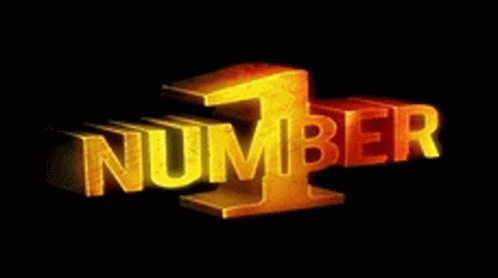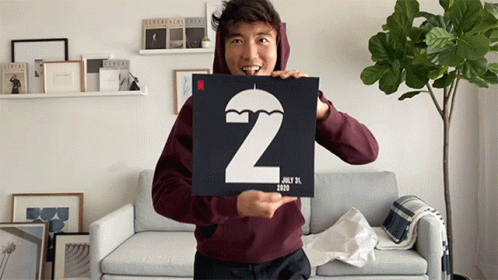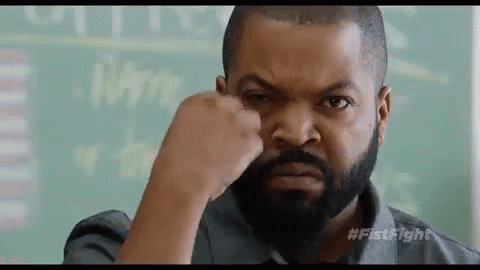Being a consultant requires you to have such a wide variety of skills. The first, and arguably the most important skill, is being self aware and identify the places you excel, and the places you still need a little bit of work. It's very easy to search on the internet and find a list of things a consultant must be, but if you can't even accept that you have weaknesses......... yeah......
So, we've identified that maybe we're not perfect in absolutely every part of our life. What are the traits that we need to have and what can we do to improve? Here are my top 4 suggestions.
Disclaimer: These are my opinions and not law!!!

- You have to love learning.
As a consultant, you're going to be working on projects from a wide variety of sectors. You could work with a health company one time, then work with a transport company next, and then something in the financial sector. There is NO WAY you're going to be an expert in absolutely everything you consult on. And honestly, there's really no need to, because with each project, you will learn about the sector, about the business, and about best practices within the sector.
How much you learn depends on how curious you are and how many questions you ask. If acronyms are being used, ask what they mean. Here's a mini challenge for you, what does BLS mean?
.
.
.
.
According to the Red Cross, it means Basic Life Support
According to the European Central Bank it means Bank Lending Survey
If you ask a heavy metal fan from California, they may say it's their favourite band Black Label Society.
My point is, people use terminology, phrases, examples etc. that they are used to and there's no way you're going to know them all. You definitely don't want to be guessing, so asking is your best route. This is just one example. There are so many examples.
Questions you can ask:
a. What does this mean?
b. Why is this done this way?
c. Who uses/will use this thing I'm putting my energy into?
d. What is the end goal? This is a very good question to keep asking because a lot of the time, a client
will tell you what it is they want from you, but it may not actually but what they want, it could just be what they think they want. Solutions we come up with are limited by our knowledge and experience. There are many ways to get to the same place and by digging into the why's of client requests, you may just find a better way. Worst case scenario there is no better way, but now you know a lot more about the client which, in my book, is still a win! 🤷🏽♀️

2. You need to be a chameleon
Situations are ever changing and this is one of those situations where rigidity does you no good. As a consultant, there will be times when you need to lead, and other times when you must follow. There will be times when you push against the status quo and other times when you'll need to acquiesce. A good consultant can judge each and every situation and decide what the best move is. There really isn't any hard and fast rule on what to do when, but there are a few things I think one should take into consideration when deciding on their next move.
a. How important is the matter at hand to the overall success of the project?
b. Is this the right time to be pushing for change? (Are you close to a deadline for example?)
c. Does who you are communicating with have the power to implement your suggestions, or at least move it forward? (Harassing someone about something they have no control over seems a bit pointless and yet it happens quite often)
d. Will there be another opportunity to bring this up? Sometimes you just have to let it go and live to fight another day.
e. Do you have any evidence that your suggestion will result in improvement. If you don't even know for a fact that it's a good idea, why are you pushing for it? And if you do have evidence, showing goes way further than telling.
If your suggestions/ideas are shut down, pay close attention to the reason why. There could be things that you haven't taken into consideration lice financial costs or skill set.

3. Love solving problems and want to help
At the end of the day, if an organisation has called you in to consult, they have something they want you to help them with and fix. Hard to be a consultant if you don't have number 3 me thinks.

4. Are resilient and honest, being particular about the facts
This is also a rather interesting one. I'm sure if we search really hard we can think of at least one person who wanted to change the world/make a difference. It's normal to have big dreams and ambitions about changing things and making them better. It's also very normal to fall into the culture of your orgnisation and continue perpetuating any organisational bad habits.
As a consultant you have the opportunity to look in from the outside and identify the problems. Because it's a relatively short term contract, it's easier to not get sucked up into the way of life and therefore you won't (fingers crossed) start contributing to the problem.
I hope this blog has been helpful and feel free to contact me on linkedin if you have any questions or want some advice.
Ciao for now!!!!
